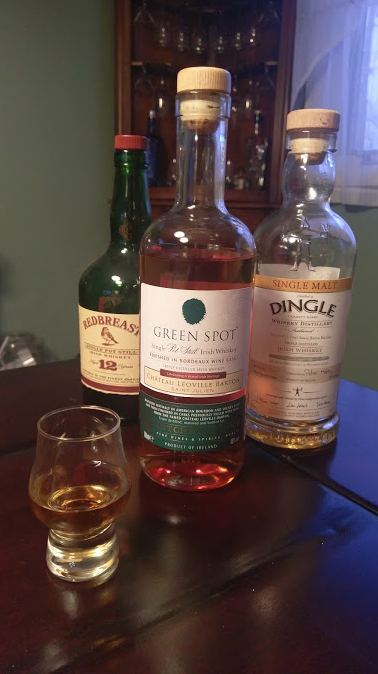 "DC3 LS, will be perpetually replacing cars until the end of time" (dc3ls-)
"DC3 LS, will be perpetually replacing cars until the end of time" (dc3ls-)
01/16/2018 at 23:16 • Filed to: IS THIS EVIDENCE WE SHOULDN'T TRUST THE IRISH?
 0
0
 27
27
 "DC3 LS, will be perpetually replacing cars until the end of time" (dc3ls-)
"DC3 LS, will be perpetually replacing cars until the end of time" (dc3ls-)
01/16/2018 at 23:16 • Filed to: IS THIS EVIDENCE WE SHOULDN'T TRUST THE IRISH? |  0 0
|  27 27 |
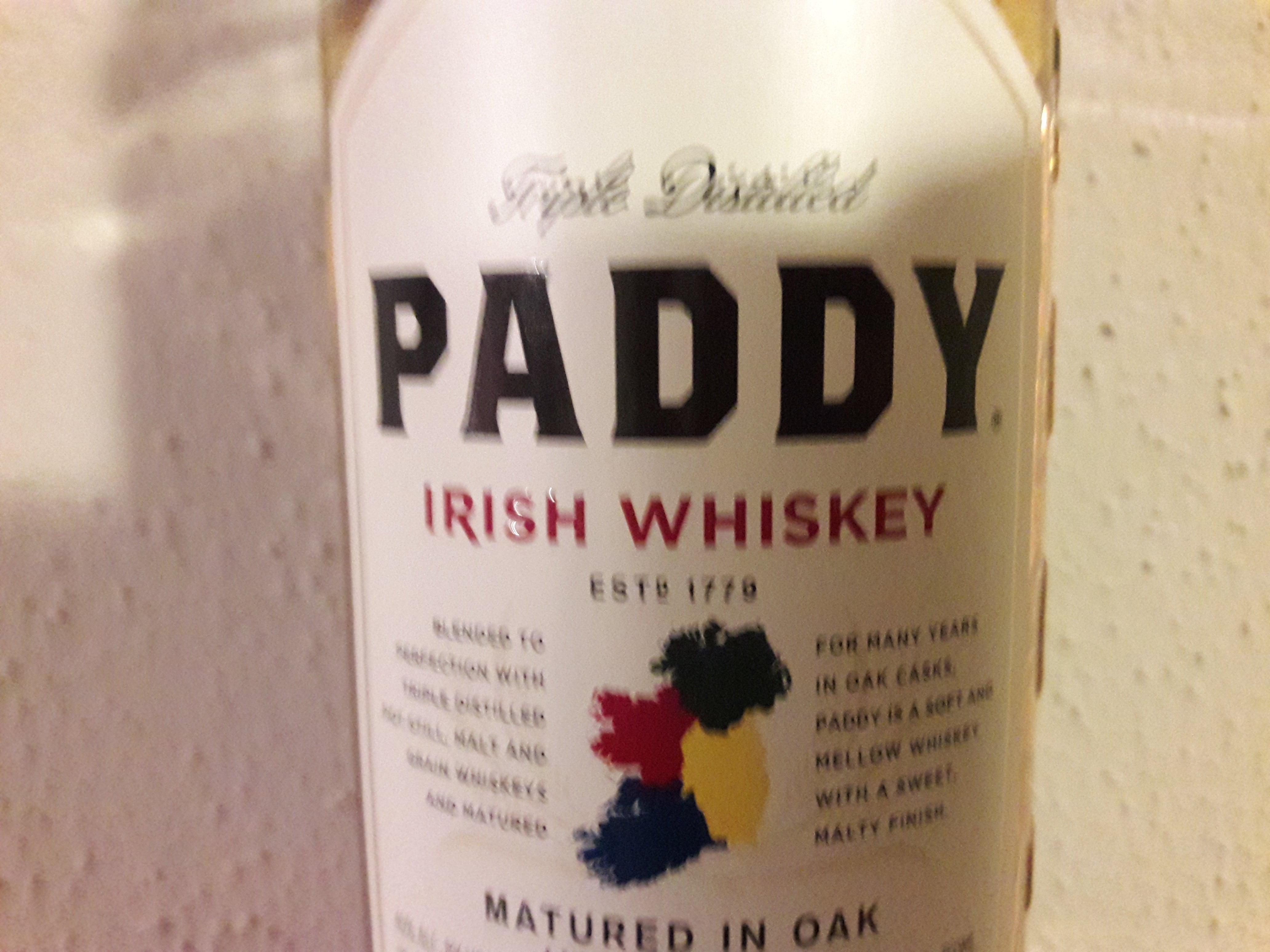
I was under the impression that Irish whisky was spelled without an “e.”
Also TIL spelt is not a word. Only spelled. #AmericanEducatoin
Also, it’s good whisk(e)y for those wondering.
 If only EssExTee could be so grossly incandescent
> DC3 LS, will be perpetually replacing cars until the end of time
If only EssExTee could be so grossly incandescent
> DC3 LS, will be perpetually replacing cars until the end of time
01/16/2018 at 23:18 |
|
Don’t cry over spelt melk.
 WilliamsSW
> DC3 LS, will be perpetually replacing cars until the end of time
WilliamsSW
> DC3 LS, will be perpetually replacing cars until the end of time
01/16/2018 at 23:23 |
|
Spelt is a grain-
 Dr. Zoidberg - RIP Oppo
> If only EssExTee could be so grossly incandescent
Dr. Zoidberg - RIP Oppo
> If only EssExTee could be so grossly incandescent
01/16/2018 at 23:23 |
|
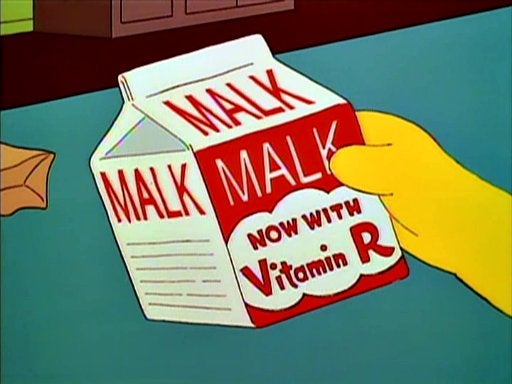
 Scary__goongala!
> DC3 LS, will be perpetually replacing cars until the end of time
Scary__goongala!
> DC3 LS, will be perpetually replacing cars until the end of time
01/16/2018 at 23:32 |
|
I am quite Irish. So never trust the Irish. That being said, Irish whiskey is spelled with an “e
Also try Bushmills
 Thomas Donohue
> DC3 LS, will be perpetually replacing cars until the end of time
Thomas Donohue
> DC3 LS, will be perpetually replacing cars until the end of time
01/16/2018 at 23:32 |
|
Only whisky made in Scotland is spelled without the ‘e’.
Also, while I like Paddy for sentimental reasons, I generally have it with some water, or in an Irish coffee. It’s a bit rough when served neat.
 CB
> If only EssExTee could be so grossly incandescent
CB
> If only EssExTee could be so grossly incandescent
01/16/2018 at 23:41 |
|
I knew someone who pronounced it “mulk”.
 If only EssExTee could be so grossly incandescent
> CB
If only EssExTee could be so grossly incandescent
> CB
01/16/2018 at 23:46 |
|
eww
 CB
> If only EssExTee could be so grossly incandescent
CB
> If only EssExTee could be so grossly incandescent
01/16/2018 at 23:46 |
|
Apparently she now teaches English in South Korea. So... yeah.
 RPM esq.
> DC3 LS, will be perpetually replacing cars until the end of time
RPM esq.
> DC3 LS, will be perpetually replacing cars until the end of time
01/16/2018 at 23:48 |
|
Interestingly, the legend is that the Irish and Americans adopted the spelling with an “e” to differentiate their product from the inferior swill peddled by the Scottish (at the time). Most of the Canadians, and Maker’s Mark, didn’t get the memo.
Also:
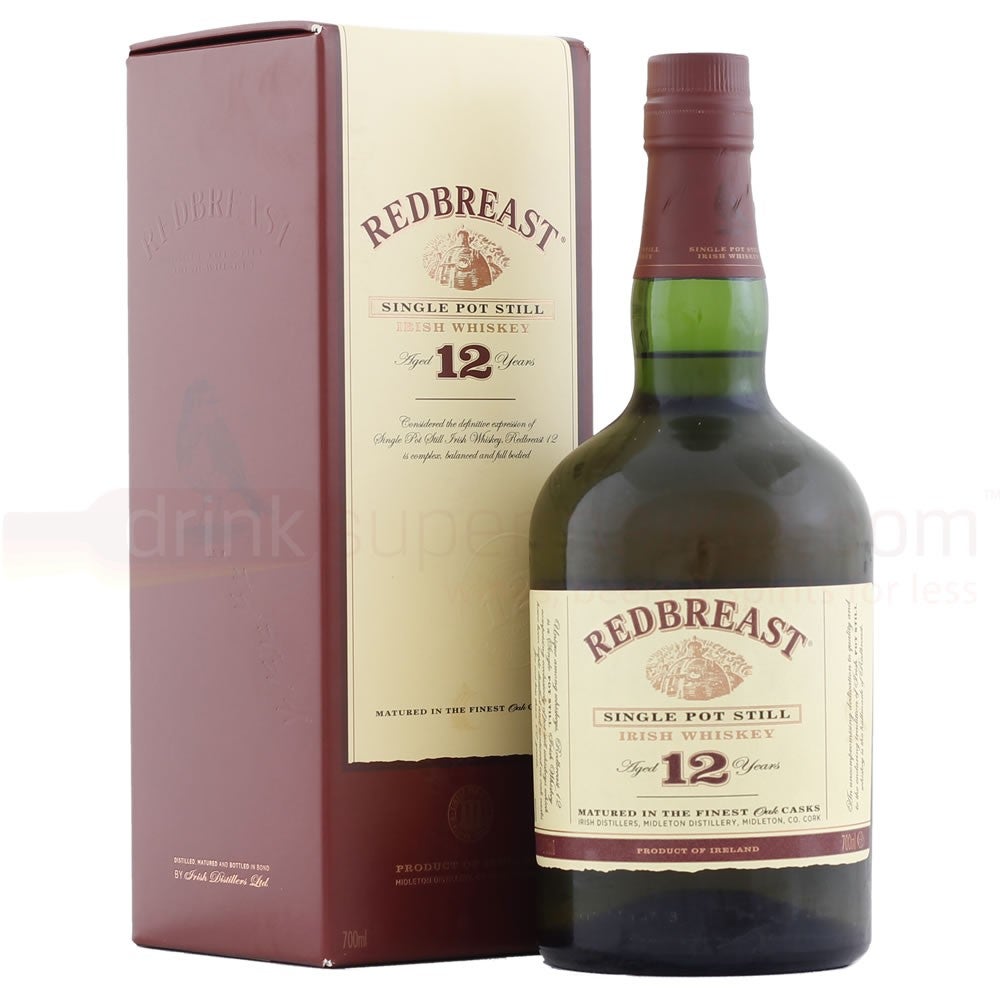
 RPM esq.
> Thomas Donohue
RPM esq.
> Thomas Donohue
01/16/2018 at 23:49 |
|
And Canada, and Kentucky in the case of Maker’s Mark, and some in Japan...it’s not as hard and fast as that.
 If only EssExTee could be so grossly incandescent
> CB
If only EssExTee could be so grossly incandescent
> CB
01/16/2018 at 23:49 |
|
Great. She’s spreading it.
 RPM esq.
> Scary__goongala!
RPM esq.
> Scary__goongala!
01/16/2018 at 23:59 |
|
My grandfather would likely have suggested that you can trust an Irishman only so long as he doesn’t try to serve you whiskey made by and for Scottish protestants, but as it’s now owned by Mexicans (and Jameson by the French) it makes no difference now, if it ever really did.
 Carbon Fiber Sasquatch
> Dr. Zoidberg - RIP Oppo
Carbon Fiber Sasquatch
> Dr. Zoidberg - RIP Oppo
01/17/2018 at 00:02 |
|
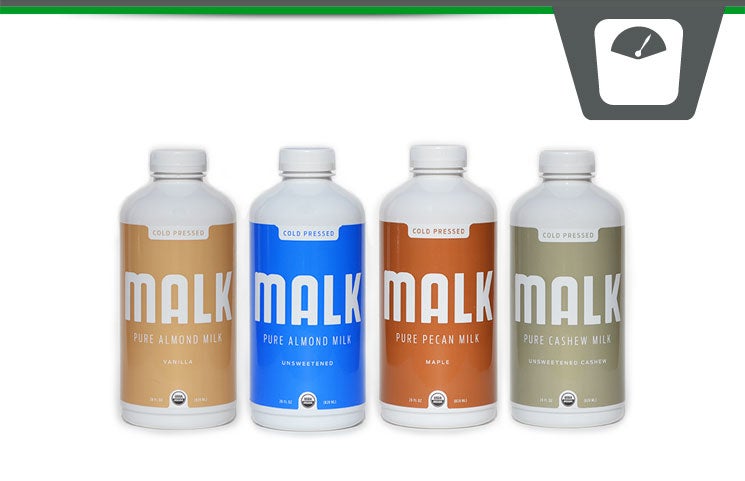
There’s a real company that never saw the Simpson’s I guess
 Scary__goongala!
> RPM esq.
Scary__goongala!
> RPM esq.
01/17/2018 at 00:02 |
|
I agree. And I’d go further into this conversation if I was sober. But typing thru my phone is a pain.
 Svend
> DC3 LS, will be perpetually replacing cars until the end of time
Svend
> DC3 LS, will be perpetually replacing cars until the end of time
01/17/2018 at 00:20 |
|
We have ‘spelt’ in the U.K., it’s a type of grain though. Lol.
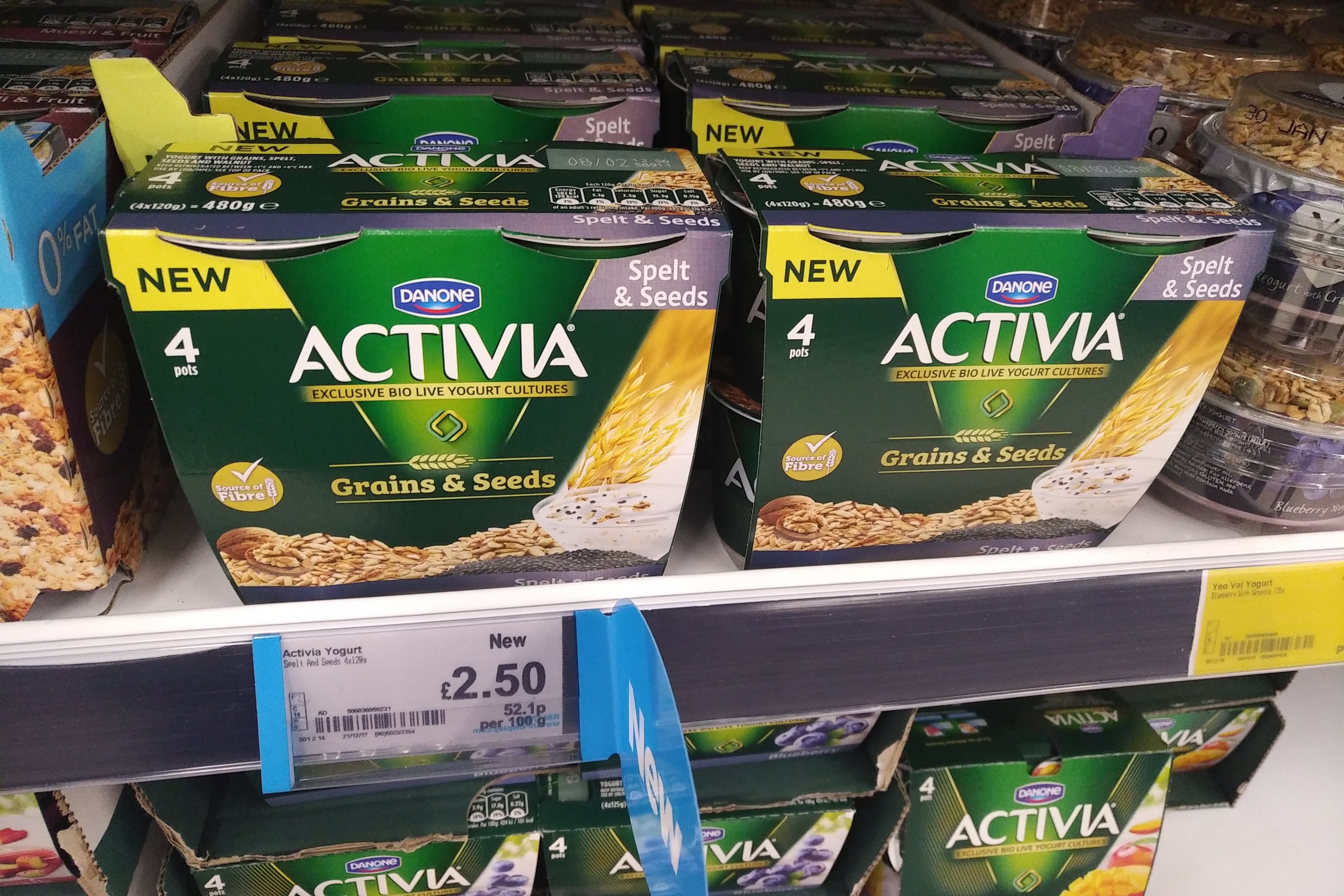
Irish is with an ‘e’, Scottish is without.
 DC3 LS, will be perpetually replacing cars until the end of time
> WilliamsSW
DC3 LS, will be perpetually replacing cars until the end of time
> WilliamsSW
01/17/2018 at 00:36 |
|
It could be both!
 DC3 LS, will be perpetually replacing cars until the end of time
> Thomas Donohue
DC3 LS, will be perpetually replacing cars until the end of time
> Thomas Donohue
01/17/2018 at 00:38 |
|
Dang it, I though all whisky made in Scotland was just scotch.
 DC3 LS, will be perpetually replacing cars until the end of time
> Svend
DC3 LS, will be perpetually replacing cars until the end of time
> Svend
01/17/2018 at 00:39 |
|
Like I said to Williams. It could be both, it wouldn’t be the weirdest thing in the English language.
 Svend
> DC3 LS, will be perpetually replacing cars until the end of time
Svend
> DC3 LS, will be perpetually replacing cars until the end of time
01/17/2018 at 01:22 |
|
which? The whiskey or the spelt?
 and 100 more
> DC3 LS, will be perpetually replacing cars until the end of time
and 100 more
> DC3 LS, will be perpetually replacing cars until the end of time
01/17/2018 at 01:55 |
|
If the country of origin has an “e” in its name, it’s “whiskey”.
Otherwise, no “e” means “whisky”.
 for Michigan
> Svend
for Michigan
> Svend
01/17/2018 at 06:11 |
|
Spelt is a thing here too, lots of Americans just don’t know anything about what’s in their food.
 WilliamsSW
> DC3 LS, will be perpetually replacing cars until the end of time
WilliamsSW
> DC3 LS, will be perpetually replacing cars until the end of time
01/17/2018 at 07:48 |
|
As long as the whiskey/whisky is good, I’d be happy!
 Aaron M - MasoFiST
> DC3 LS, will be perpetually replacing cars until the end of time
Aaron M - MasoFiST
> DC3 LS, will be perpetually replacing cars until the end of time
01/17/2018 at 08:23 |
|
I mean, it is. Irish Whiskey and Scotch whiskey are both malt whiskies made primarily from barley, the differences are, broadly speaking, not major. Bourbon and Kentucky whiskey are both made primarily from corn; Kentucky whiskey is just bourbon with an extra charcoal filtering step prior to barreling. Canadian whisky is also corn-based but is typically high in rye; American Rye and Canadian whisky are different ratios of the same basic blend.
And Maker’s Mark has wheat in it, because fuck categorization.
 Thomas Donohue
> RPM esq.
Thomas Donohue
> RPM esq.
01/17/2018 at 09:54 |
|
I never realized the Canadians dropped the ‘e’ as well. From what I’d read, the Irish added the ‘e’ in the Gaelic translation, and then brought it to America.
Maker’s is an odd one...I drink it often, never saw the huge ‘WHISKY’ underneath.
Thanks....more research to follow, and likely a few pours of the good stuff.
 RPM esq.
> Thomas Donohue
RPM esq.
> Thomas Donohue
01/17/2018 at 14:44 |
|
The word “whiskey” is from Irish Gaelic originally, not Scots—uisce beatha, which means “water of life,” much like “aquavit” and “vodka” (diminutive of “voda,” which means “water,” as if by turning water into vodka you make it cuter and more lovable).
The “e” spelling was a branding decision in the 19th century.
 Thomas Donohue
> RPM esq.
Thomas Donohue
> RPM esq.
01/17/2018 at 17:10 |
|
I found lots of references to Old Irish uisce beatha and Scottish Gaelic uisge beatha - nothing definitive on where it came from first. I’m sure there were many variations and claims after a few drams.
I’m done with the research, and on to the tasting.
Slainte!
 Thomas Donohue
> RPM esq.
Thomas Donohue
> RPM esq.
01/17/2018 at 17:17 |
|
Excellent choice! I’ve added it to the rotation tonight.
